Ship MV Abdullah & Its 23 Member Crew Reach Dubai’s Al Hamriya Port
The Bangladeshi-flagged cargo vessel MV Abdullah and its 23 crew members have arrived safely at Al Hamriya Port in Dubai.
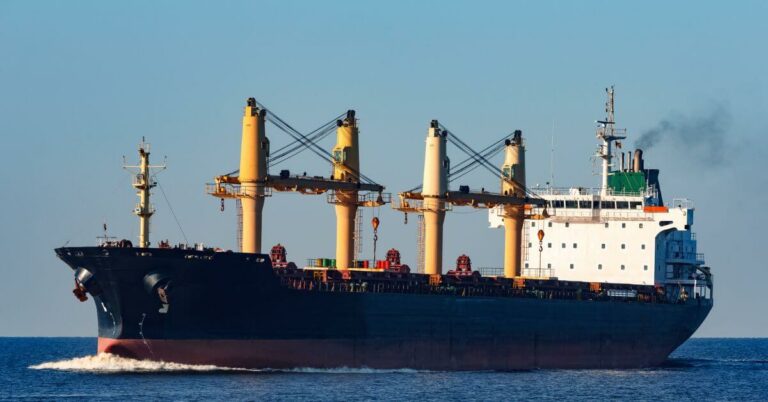
The Bangladeshi-flagged cargo vessel MV Abdullah and its 23 crew members have arrived safely at Al Hamriya Port in Dubai.
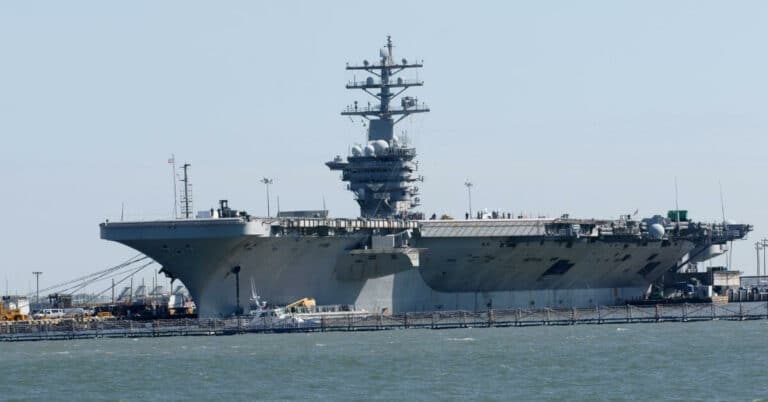
A US Navy sailor serving on the Japan-based destroyer USS Higgins (DDG-76), was found guilty of attempted espionage.
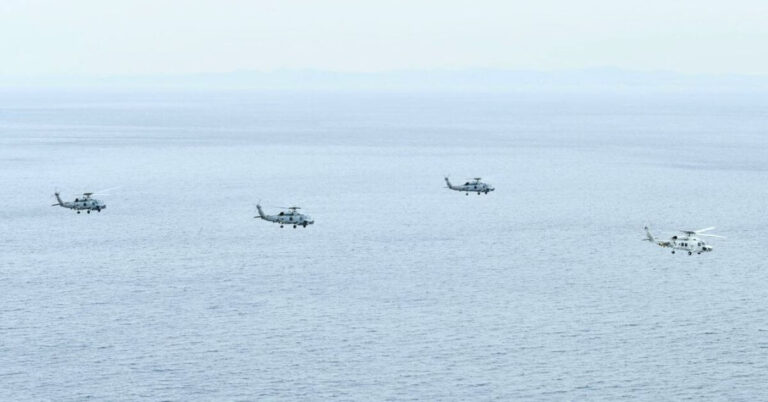
Two helicopters from the Japanese navy crashed during a training exercise at night, killing one crew member and leaving seven others missing.
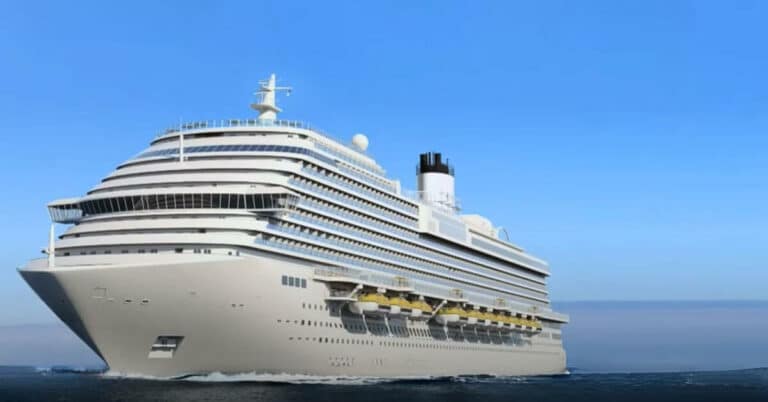
In a huge step forward for China’s shipbuilding capabilities, the country’s second domestically made large cruise ship has entered a shipyard in Shanghai.
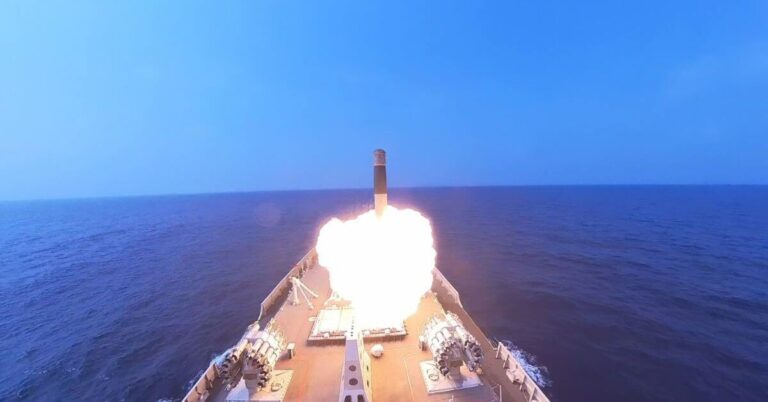
The Indian Navy conducted an extensive exercise along the East Coast to assess its preparedness to meet maritime security challenges.
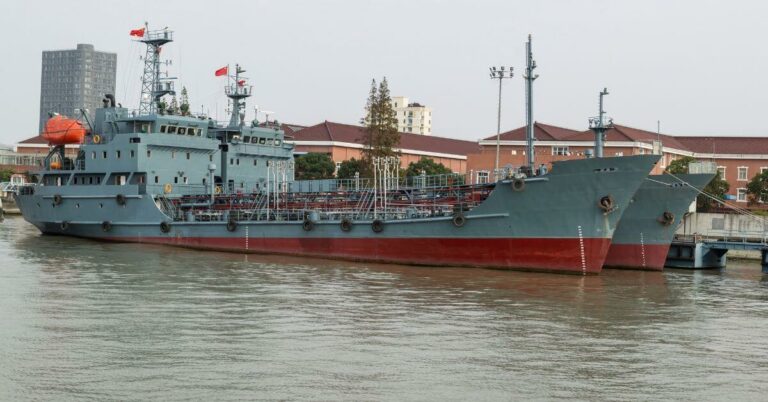
China’s Navy hosted a biennial meeting of top foreign naval officials in Qingdao, a show of military diplomacy.
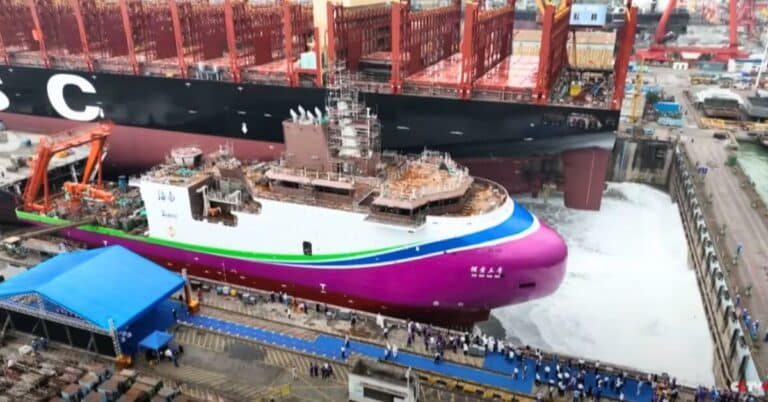
China’s first multifunctional archaeological and scientific research vessel for deep-sea exploration was docked in Nansha District of Guangzhou.
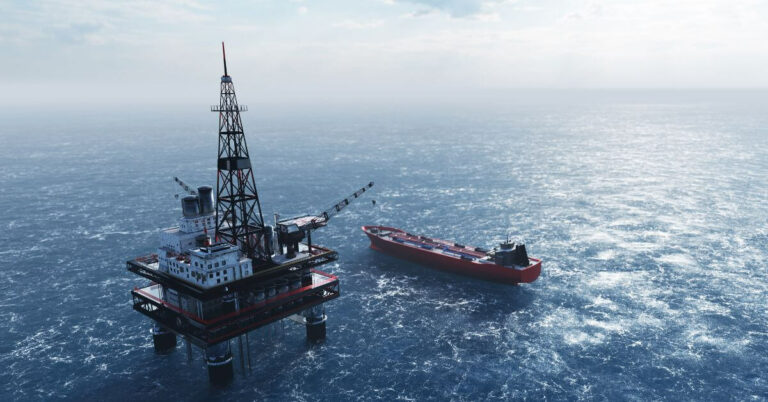
US Navy to launch an innovative yet contentious proposal to convert old oil rigs into mobile missile defence and resupply stations.
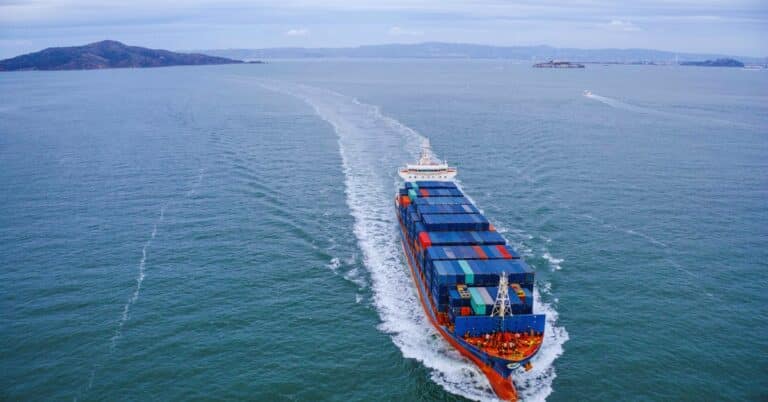
The global shipping industry has turned to the United Nations for increased protection of ships and seafarers amidst escalating tensions in the Middle East.
"*" indicates required fields